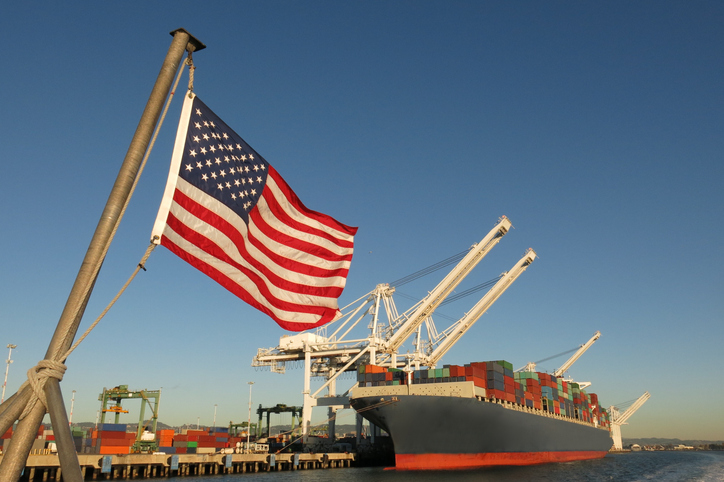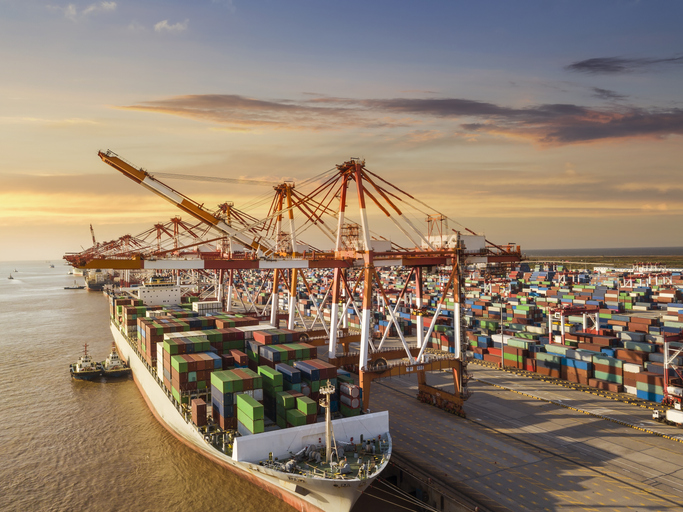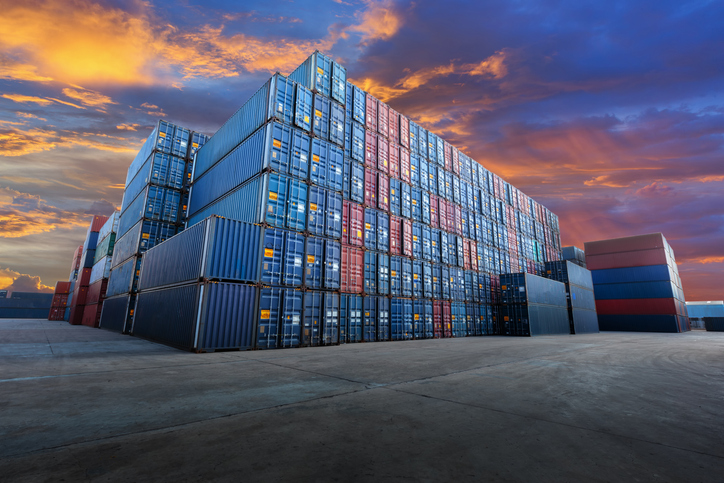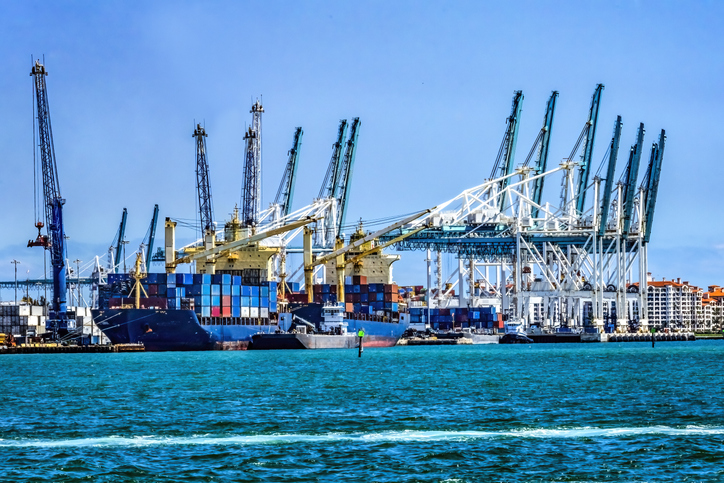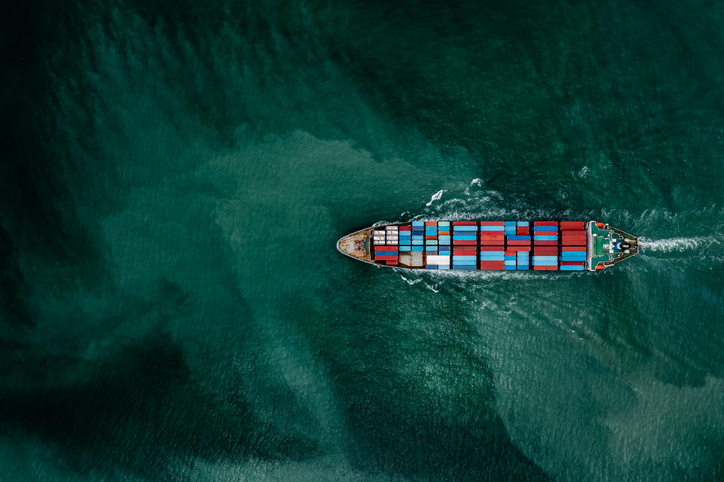
The Weekly Roar
In this week’s Roar: The upcoming U.S. election, cybersecurity at U.S. ports, the Review of Maritime Transport 2024, a view on decarbonization goals, and mitigating supply chain disruptions.
Will the upcoming U.S. elections disrupt supply chains? Potentially. A few concerns include growing geopolitical uncertainty, strikes, and fluctuating consumer behavior. A new administration could also introduce regulations around sustainability, trade, and manufacturing, all of which would require businesses to adapt quickly. Some experts feel technologies like AI and supply chain collaboration can help companies stay agile and resilient. Another way to mitigate risk might be to diversify suppliers in readiness for any potential policy changes or trade restrictions.
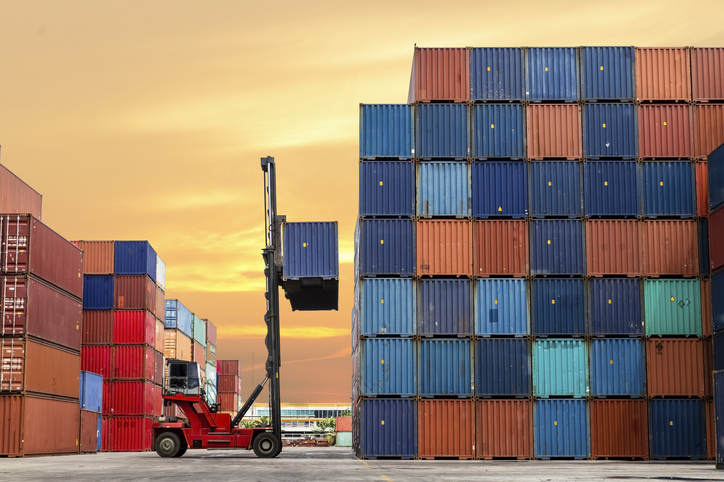 A new bipartisan bill, the Protecting Investments in Our Ports Act, seeks to enhance cybersecurity at U.S. ports. With concerns over foreign cyber threats, particularly from China, the legislation mandates that applicants for port infrastructure development funds provide comprehensive cybersecurity plans. The bill builds on prior legislative efforts, such as the Cranes of Concern Act, and aligns with President Biden’s recent executive orders aimed at fortifying national infrastructure from cyber espionage and disruption.
A new bipartisan bill, the Protecting Investments in Our Ports Act, seeks to enhance cybersecurity at U.S. ports. With concerns over foreign cyber threats, particularly from China, the legislation mandates that applicants for port infrastructure development funds provide comprehensive cybersecurity plans. The bill builds on prior legislative efforts, such as the Cranes of Concern Act, and aligns with President Biden’s recent executive orders aimed at fortifying national infrastructure from cyber espionage and disruption.
The newly released United Nations Trade and Development Review of Maritime Transport 2024 discusses some of the challenges faced by container shipping. There are issues such as rising freight costs, operational disruptions, and geopolitical conflicts. The result? While global maritime trade increased by 2.4% in 2023, container shipping only saw a 0.3% increase. The report forecasts that container trade will grow by 3.5% in 2024, but that comes with a warning that disruptions to key routes and rising operational costs could push freight rates even higher.
There was a collective sigh from supply chain managers around the U.S. when the recent port strike ended. Unfortunately, that relief may be short-lived because there is still work to be done when it comes to securing a long-term labor agreement. There is a new January 15 deadline looming and several unresolved issues on the table. In a small step forward, both sides have recently agreed to resume negotiations in November. Automation remains a sticking point, and any new agreement will require ratification by the ILA’s Wage Scale Committee first and then by the ILA Longshoreman. Hopefully, there’ll be enough time (and common ground) to avoid another stoppage.
Moody’s has a warning for the industry about the challenges of decarbonization due to a lack of sustainable fuels and the high costs associated with green transitions. The industry is highly dependent on traditional fossil fuels such as bunker fuel and liquefied natural gas (LNG) while sustainable alternatives like methanol are in short supply. And despite ongoing regulatory pressure, the transition to greener vessels remains slow since the process is complicated by the cost burden, financial risks, and regulatory gaps. They also note that without policies to boost sustainable fuel production, meeting decarbonization goals is unlikely.
For the rest of the week’s top shipping news, check out the article highlights below.




